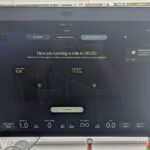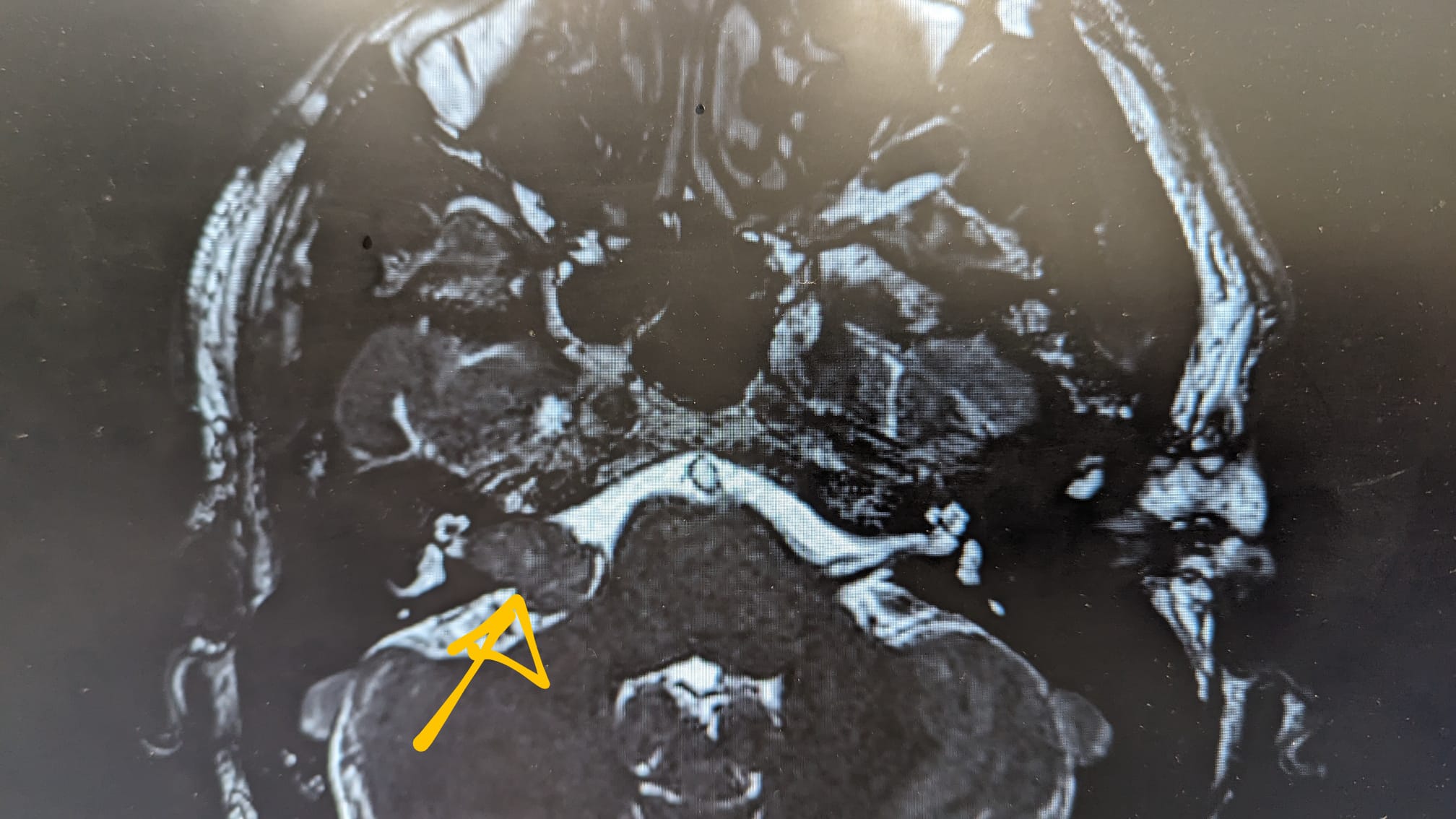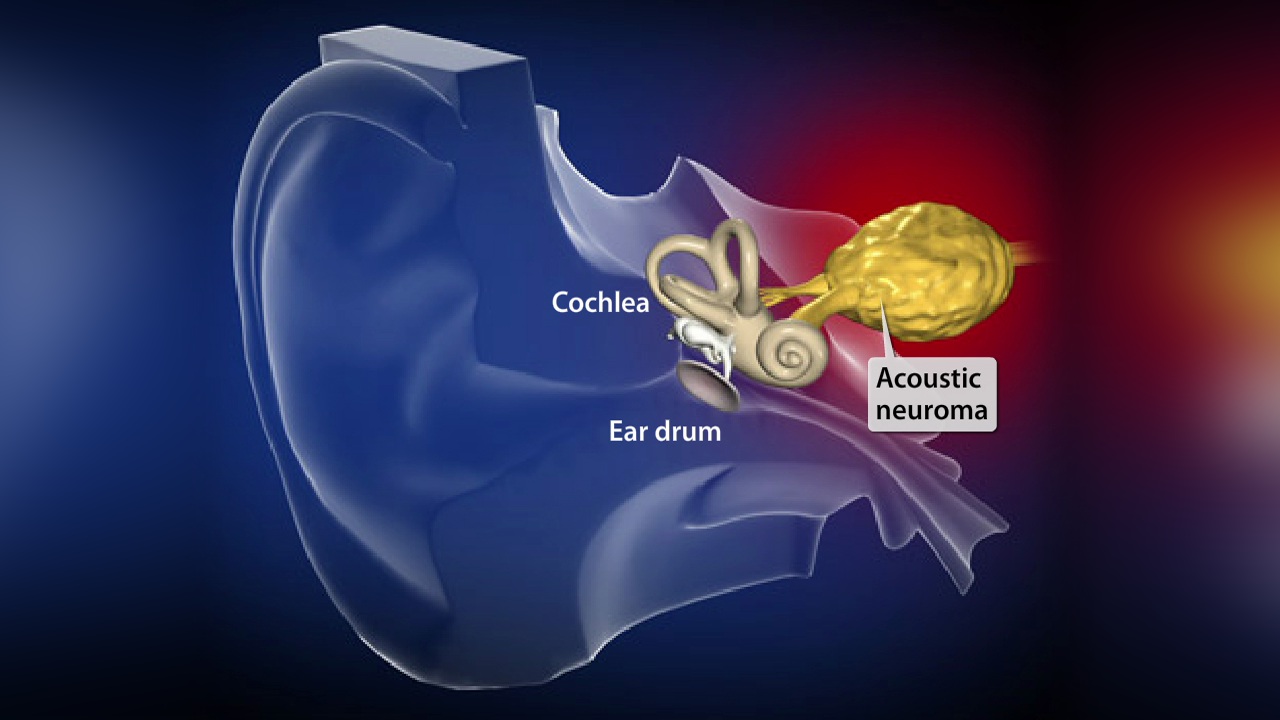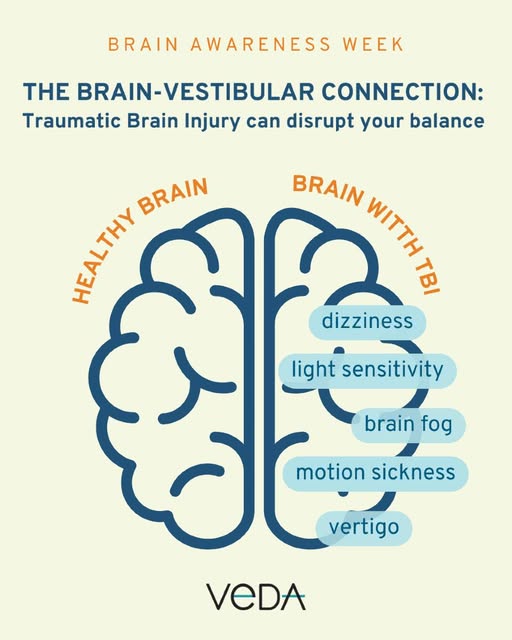
Brain Awareness Week: Understanding Acoustic Neuromas and the Importance of Brain Health
Let’s talk about Brain Awareness Week (10-16 March 2025). It’s a global initiative that highlights the incredible complexity of the brain, the importance of neurological research, and the many conditions—both common and rare—that affect brain health.
Table Of Content
- Acoustic Neuroma Awareness: It Deserves Its Own Spotlight
- Acoustic Neuromas: More Than Just “A Bit of Hearing Loss”
- What Are the Symptoms?
- Why Acoustic Neuromas Matter in Brain Awareness Week
- The Link Between Brain Injuries and Vestibular Disorders
- What Are the Treatment Options in the UK?
- How You Can Get Involved in Brain Awareness Week
- Final Thoughts
Now, if you’ve never heard of Acoustic Neuromas (Vestibular Schwannomas), don’t worry—you’re not alone. Many people (including some GPs!) aren’t familiar with this benign but life-altering condition. Yet, for those of us living with it, it’s a daily reality.
So, while Brain Awareness Week is an excellent time to discuss brain tumours, neurodegenerative diseases, and traumatic brain injuries, it’s also the perfect moment to talk about Acoustic Neuromas—because let’s face it, they don’t get much press.
Acoustic Neuroma Awareness: It Deserves Its Own Spotlight
Brain Awareness Week is fantastic, but did you know that Acoustic Neuromas have their own dedicated awareness day?
Here in the UK, BANA (British Acoustic Neuroma Association) does a brilliant job of supporting those of us diagnosed with this condition. Whether you’re newly diagnosed, undergoing treatment, or living with the long-term effects, having a dedicated space for support, shared experiences, and research updates makes a huge difference.
👉 Check out BANA for resources and support: www.bana-uk.com
Raising awareness isn’t just about medical professionals—it’s about ensuring friends, family, and employers understand what we’re going through. Hearing loss, tinnitus, and balance issues aren’t always visible—but they are real.
Acoustic Neuromas: More Than Just “A Bit of Hearing Loss”
So, what exactly is an Acoustic Neuroma?
It’s a slow-growing, benign tumour that develops on the vestibulocochlear nerve, the nerve responsible for hearing and balance. It’s not cancer, but it can have life-changing effects depending on its size and location.
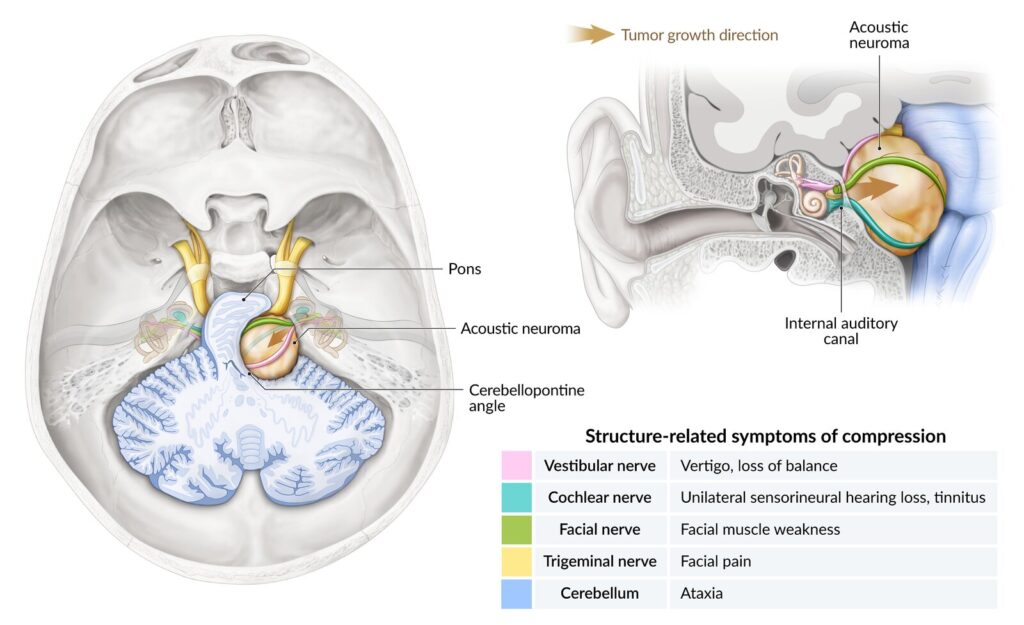
What Are the Symptoms?
Most people don’t wake up one day and think, Oh, I bet I have an Acoustic Neuroma! The symptoms creep up on you—often misdiagnosed or ignored for years.
☑️ Hearing Loss (Usually One-Sided) – If you keep switching the phone to your other ear or struggle in conversations, this could be why.
☑️ Tinnitus (The Never-Ending Noise Machine) – Ringing, buzzing, or hissing in one ear that never stops? Welcome to the club.
☑️ Balance Problems and Dizziness – You might feel off-kilter, bump into things, or get unexpected dizzy spells.
☑️ Facial Numbness or Weakness – Larger tumours can press on facial nerves, causing tingling or muscle weakness.
☑️ Headaches and Ear Fullness – A strange feeling of pressure or a blocked sensation in the affected ear.
Many people shrug these off as minor annoyances—until they get worse. And because Acoustic Neuromas are rare, doctors often assume it’s something else (ear infection, Ménière’s disease, stress, or just “getting older”).
This is why awareness is so important. The sooner an Acoustic Neuroma is diagnosed, the more options there are for managing it.
Why Acoustic Neuromas Matter in Brain Awareness Week
Even though Acoustic Neuromas aren’t brain tumours, they directly affect the brainstem and cerebellum as they grow.
Larger tumours can cause:
🚨 Intracranial Pressure – Leading to headaches, nausea, and coordination problems.
🚨 Hydrocephalus (Fluid Build-Up in the Brain) – A rare but serious complication requiring emergency treatment.
🚨 Cognitive and Emotional Impact – Struggling to hear, dealing with tinnitus 24/7, and losing balance can cause brain fog, exhaustion, and stress.
The brain has an amazing ability to compensate when one ear stops working, but it doesn’t mean the challenges go away. Everyday situations—restaurants, meetings, even just crossing the street—become harder.
The Link Between Brain Injuries and Vestibular Disorders
Brain Awareness Week also highlights the vestibular system—the part of the brain responsible for balance and spatial awareness.
Did you know that traumatic brain injuries (TBIs) can permanently damage the vestibular system? Many people who suffer concussions or head trauma develop vestibular disorders, experiencing:
🔹 Dizziness and vertigo
🔹 Sensitivity to motion and crowded spaces
🔹 Brain fog and fatigue
For those of us already struggling with balance issues due to an Acoustic Neuroma, an additional head injury can make life even harder.
👉 Learn more about vestibular disorders and brain injuries: www.vestibular.org
What Are the Treatment Options in the UK?
If you’ve been diagnosed with an Acoustic Neuroma, don’t panic—but also, don’t ignore it. The size and symptoms will determine the best course of action.
In the UK, treatment is usually managed by NHS ENT specialists and neurosurgeons. Here’s what you can expect:
🔹 Watch and Wait – If the tumour is small and not causing major issues, regular MRI scans (usually every 6-12 months) will monitor its growth.
🔹 Stereotactic Radiosurgery (Gamma Knife/CyberKnife) – A non-invasive radiation treatment that halts tumour growth while minimising damage to surrounding nerves.
🔹 Microsurgery – If the tumour is larger or affecting facial nerves, surgical removal might be necessary. Risks include hearing loss and facial weakness.
🔹 Hearing Solutions – If hearing loss is significant, options like bone-anchored hearing aids (BAHA) or cochlear implants might help.
🔗 Find NHS guidance on Acoustic Neuroma treatment: www.nhs.uk
How You Can Get Involved in Brain Awareness Week
Even if you don’t have an Acoustic Neuroma yourself, you probably know someone who has hearing loss, balance issues, or tinnitus. This is a great week to start conversations.
💬 Talk About It – Share information about Acoustic Neuromas and Brain Awareness Week on social media.
🎗 Join BANA – If you or someone you know has been diagnosed, BANA offers brilliant support and community engagement.
📚 Educate Yourself and Others – The more we understand about brain health, the better we can support each other.
🔗 More about Brain Awareness Week: Dana Foundation
🔗 Join BANA for Acoustic Neuroma support: www.bana-uk.com
Final Thoughts
Acoustic Neuromas may not be life-threatening, but they are life-changing.
Brain Awareness Week is about recognising ALL neurological conditions—not just the well-known ones. By raising awareness, supporting research, and sharing experiences, we can make life easier for those living with conditions like Acoustic Neuroma.


